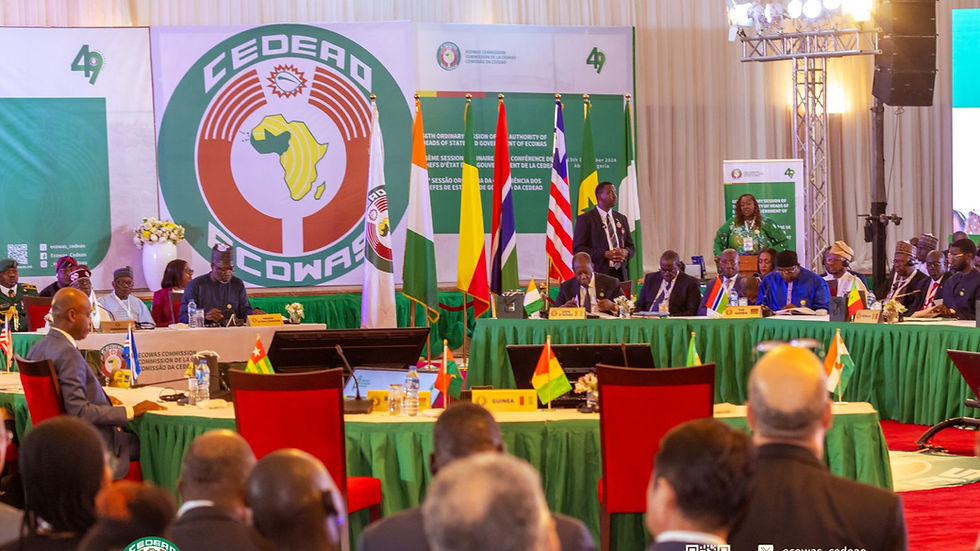National Drug Burning Day: what impact has it on drug trafficking in Liberia?
- prince bull-luseni

- Dec 8, 2020
- 2 min read
Updated: Apr 23, 2021
At the time the United Nations Commission on Narcotic Drugs advanced the removal of cannabis and cannabis-related substance from Schedule IV of the 1961 Single Convention on Narcotic Drugs in recognition of its medicinal and therapeutic value, the Liberian Drug Enforcement Agency (LDEA) on November 27th

2020, burned huge quantities of narcotic substances in Monrovia, predominately cannabis, valued at 783,471,720 LRD. According to the Public Relations Officer (PRO) of LDEA, the exercise was carried out simultaneously in the different counties to mark the “National Drug Burning Day”. He said this event is usually organised twice every year but will be held once this year because of the COVID-19 pandemic. He further stated that the drug in question accounts for those seized from February to date and emphasised that the essence of the exercise was to communicate the agency's determination to end drug trafficking in Liberia and to also prove to the public that the agency does not recycle seized drugs as they are accused.
Whilst the total volume of drug in circulation at the time of this seizure is unknown, there is no doubt that the volume burned makes up no significant proportion of that which would have been in circulation. It, therefore, suggests that drug eradication cannot be achieved through the burning of drugs, particularly cannabis, which is predominantly cultivated and consumed in Liberia. Moreover, the recurring nature of this approach only reinforces the going concern of the drug trade than it accounts for any progressive eradication efforts of the Agency. After several years of fruitless implementation of drug eradication and prohibitionist approach, authorities in Liberia should come to terms with the fact that this approach is not based on evidence and, therefore, not sustainable. It hardly impacts significantly on the drug supply chain. This is largely because traffickers thrive on border porosity, weak security infrastructure and inadequately resourced drug control agencies – which is the case for Liberia.
Furthermore, the usage of National Drug Burning Day by the LDEA as a public accountability and transparency platform is not worthy of the time spent, resources used, health risk and environmental pollution associated with it. There are more appropriate ways the LDEA could communicate their determination to address drug trafficking in Liberia and at the same time prove to the public that they do not recycle seized drugs. This begins with the adoption of evidence-based drug laws that are rooted in human rights, public health, and sustainable development for which the current review process of the Controlled Drug and Substance Act presents a greater opportunity. The government of Liberia should consider regulating the drug market rather than indirectly authorizing organized criminal groups to run the market at the expense of the health and wellbeing of users, the peace and stability of the country.
By: Prince Bull-Luseni
Executive Director
West Africa Drug Policy Network (WADPN)




Comments